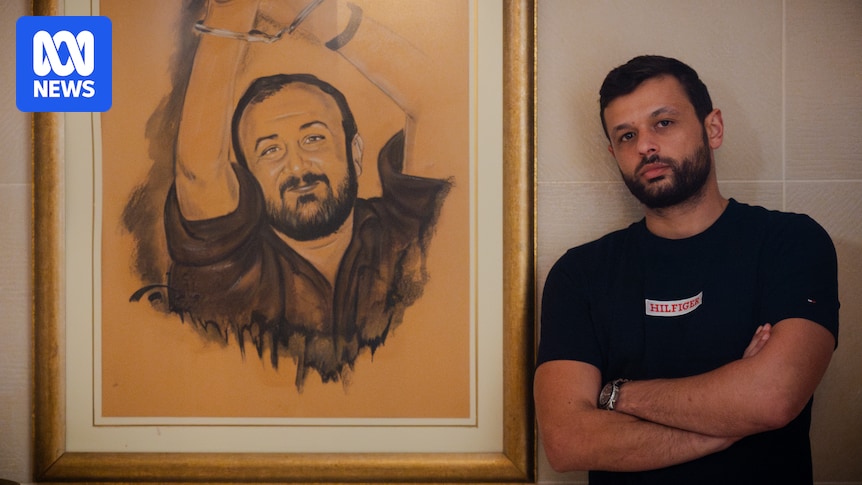
It is a rare occurrence for an Israeli politician to visit a Palestinian prisoner, and even more unusual for such a visit to be publicized. Yet, in August, when Israel’s controversial national security minister, Itamar Ben-Gvir, visited a high-security prison in central Israel, he made sure to share the encounter on social media. This was no courtesy call; it was a calculated move to taunt Marwan Barghouti, the most high-profile Palestinian prisoner, who has spent years in solitary confinement.
Ben-Gvir’s visit was marked by a provocative message:
“Whoever messes with the nation of Israel, whoever murders our children and women, we will wipe them out,”
he declared to Barghouti. This was the first public sighting of Barghouti in over a decade, a man whose image had become almost unrecognizable due to the toll of solitary confinement.
The Symbolism of Marwan Barghouti
To comprehend the significance of Ben-Gvir’s visit, one must understand Marwan Barghouti’s role in Palestinian society. Often compared to Nelson Mandela, Barghouti has been a central figure in Palestinian politics. His leadership in the Fatah political party and his advocacy for a two-state solution have earned him a reputation as a unifying figure among Palestinians.
Barghouti’s political journey began with his involvement in the Palestinian Legislative Council following the Oslo Accords. His rise to Fatah’s secretary-general positioned him as a key player in Palestinian-Israeli relations. Despite his imprisonment, Barghouti’s influence endures, with many Palestinians still viewing him as their preferred leader.
A Controversial Conviction
In 2002, Barghouti was arrested and charged with multiple counts of murder and attempted murder. His trial, which many argue was politically motivated, ended with a conviction that sentenced him to five life terms plus 40 years. Critics, including his family, have long questioned the fairness of the trial, pointing out procedural irregularities and lack of evidence.
Despite these challenges, Barghouti’s popularity remains robust. Polls by the Palestinian Center for Policy and Survey Research consistently show him as the leading candidate for the presidency of the Palestinian Authority, surpassing current President Mahmoud Abbas and other contenders.
The Vision of a Unifying Leader
Barghouti’s vision for Palestine is one of unity and peace, a sentiment echoed by his supporters. His son, Arab Barghouti, highlights his father’s commitment to non-violence and a just peace, emphasizing the need for Palestinian unity. Barghouti’s influence extends beyond his political aspirations; he is seen as a symbol of resistance and hope for many Palestinians.
Qadoura Fares, a close associate of Barghouti, recalls the leader’s unwavering commitment to his people, even from behind bars. Fares recounts a conversation where Barghouti predicted the futility of negotiations under the current leadership, a sentiment that resonates with many Palestinians today.
Challenges and Prospects for Peace
Former Israeli minister Haim Oron, who met with Barghouti before his conviction, recognizes the leader’s potential to bridge divides. Oron, a proponent of the two-state solution, believes that dialogue with figures like Barghouti is essential for lasting peace. However, the current political climate, marked by figures like Ben-Gvir, poses significant challenges.
Barghouti’s continued imprisonment is a contentious issue, with many Palestinians and international observers advocating for his release. His potential role in future peace negotiations remains a topic of debate, as does the broader question of achieving a sustainable resolution to the Israeli-Palestinian conflict.
As the situation evolves, the legacy of Marwan Barghouti continues to inspire those who seek a peaceful and equitable solution. His story is a testament to the enduring struggle for justice and the hope for a brighter future for Palestinians and Israelis alike.






